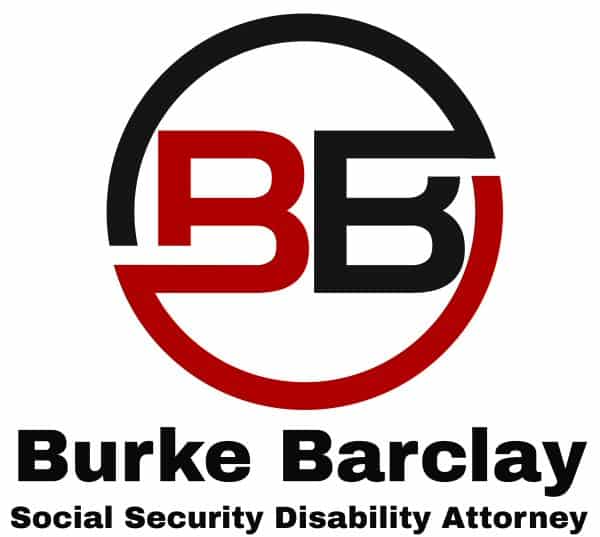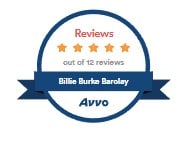Can I Collect Short-Term Disability and SSDI at the Same Time?
Can I Collect Short-Term Disability and SSDI at the Same Time?
This questions has been asked many times in the past, and so I thought it would be important to answer. Many of my clients are in California, which is a state that provides its residents with temporary disability payments for one year while they are doing their best to make it through the Social Security disability system. Many times a year is not long enough, but residents in California and a hand-full of other states are lucky they can at least receive some relief. Conservative states such as Texas provide little, if any, social net for those unable to work and have yet to receive SSDI or SSI approval.
For my California residents, if you have stopped working, make sure you apply as soon as possible for both state and federal benefits. You especially only have a very limited window in which to make your claim for state disability benefits.
For those who are lucky enough to be approved for SSDI or SSI benefits before their one year is up for their state disability benefits, the question is often asked, “Can I receive both until my state disability benefits end?”
That’s a great question, and with every legal question, the answer is: “It depends.”
First, let’s discuss what is called the Social Security Disability Reduction.
In the most simple terms, if your Social Security disability monthly payment and your state disability payment combined are more than 80% of your average monthly earnings, minus any offsets, then there will be an offset of your Social Security disability payment to account for that overage. So, for example, let’s say you were earning $4,000 per month before you became disabled and 80% of that amount is $3,200.00.
Now, look and see how much you receive each month from your Social Security disability payment and the amount you receive for your dependents. Now, add the amount you are receiving from your state short-term disability payments as well. Now, again, there are also some offsets Social Security will allow, which may then raise the maximum amount you allowed to receive. Suffice it to say, looking to the 80% of the total amount received will at least give you an idea of how much you can receive before the reduction will apply.
Ok, then how will this off-set affect my back-pay if my disability determination goes on for longer than the required five months Social Security deems as my short-term disability period?
If you are owed back pay once your claim is approved by the Social Security Administration, then the reduction may also apply. Social Security will usually pay back-pay up to a year before you applied for disability (actually seventeen months which includes the five month waiting period required before you are entitled to benefits). When calculating your back-pay, Social Security will then calculate the same offset for each month you are owed those benefits. For each month that you were over this 80% of your prior average earnings, your overage will then be deducted from your back-pay.
Now, there are times when a person applies for Social Security disability benefits and alleges an onset date (date he or she became unable to work) and that date is years before filing for Social Security disability benefits. This is often the case when you hear of someone receiving $30,000 to $50,000 in back-pay after his or her hearing. If that is the case and that person was receiving short-term disability benefits during that time and the back-pay for those months was over the 80% and Social Security is aware of such benefits, then again, the back pay for those months would be reduced the same.
For many, their short-term state disability pay runs out before they are approved for Social Security disability. Where the offset really comes into play is in calculating back-pay due when the case is finally settled. Once a person is finally approved for Social Security benefits, the 80% calculation is usually not a factor. Most people have either missed a lot of work coming up to the point where they can no longer work a full-time job and their employer has already paid out all expected pay shortly after terminating employment. Therefore, the only income he or she is receiving is their monthly Social Security disability payment and there is no need to discuss or worry about the offset.
You Need an Experienced Social Security Disability Lawyer
We represent claimants fighting for their Social Security disability benefits throughout Texas and California. Contact the Law Office of Burke Barclay for a highly experienced Social Security Disability Lawyer in Dallas, Texas
"Experienced Social Security Disability Lawyer representing clients throughout the United States who either need to initially file for their Social Security disability benefits or have been denied at one of the various stages throughout the process to give them the best chances of success."
Business Address
The Law Office of Burke Barclay
3838 Oak Lawn Ave.
Suite 1000
Dallas, TX 75219
Business Hours
Monday - Friday
8:00 AM - 5:00 PM





